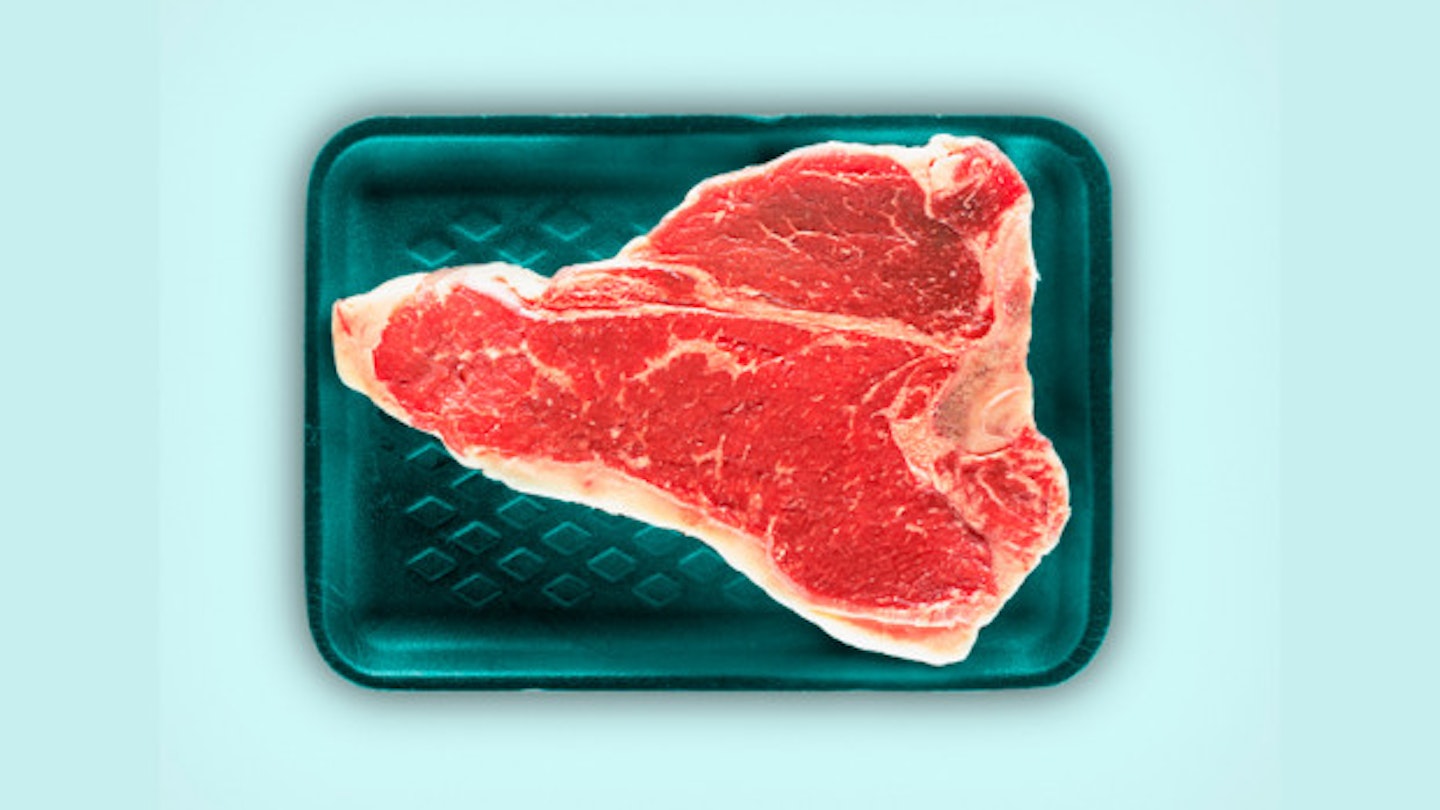Hands up who actually knows what they’re buying and why if you pick up organic produce? I see no hands. Sure, it might be because I’m in front of a computer screen, but lets be honest, t’s a total minefield out there when it comes to the food shop. Should you buy organic? Is it actually better for you? What does organic even mean? Answers on the back of a postcard if you have them, please.
Now even scientists seem to be disagreeing about the benefits of organic milk compared to 'conventional' milk. According to the Guardian, a new study by scientists from the UK, Poland, Norway, Italy, Denmark, Switzerland, Greece and Turkey, organic milk and meat could have more health benefits. They provide 50% more omega-3 fatty acids (said to help lower cholesterol and risk of cardiovascular disease) and lower concentrations of two saturated fats that can increase the risk of cardiovascular disease.
On top of this, organic milk contains 40% more linoleic acid and slightly more iron, vitamin E and carotenoids. However, non-organic milk actually contains 74% more iodine and slightly more selenium which are important minerals too.
So it's kind of confusing and scientists aren’t all in agreement. Co-author of the study, Chris Seal, professor of food and human nutrition at Newcastle said of the increased amount of omega -3s in organic milk that ‘Our study suggests that switching to organic could go some way towards improving intakes of these important nutrients' and Western European diets are typically too low in these.
However, Ian Givens, professor of food chain nutrition at the University of Reading said that although there are more fatty acids in organic milk, a switch would only give a 1.5% increase overall. He also highlighted the importance of iodine (high in non-organic milk) because milk is ‘the greatest single source of dietary iodine’, which is especially for pregnant women.
The study was led by Professor Carlo Leifert of the Nafferton Ecological Farming Group at the University of Newcastle. In a 2014 study he and researchers found that organic crops and good had up to 60% more key anti-oxidants, and lower in levels of the toxic metal cadmium.
So, yeah, if you were hoping for some conclusive information on what we should be eating, you'll be disappointed because that's as clear as mud.
Like this? You might also be interested in:
A Meal Plan To Make Your Work Lunches Significantly Less Shit
Flexitarian - Why Being A Part-Time Vegetarian Is Still Better Than Not At All
Follow Chemmie on Twitter @chemsquier
This article originally appeared on The Debrief.
